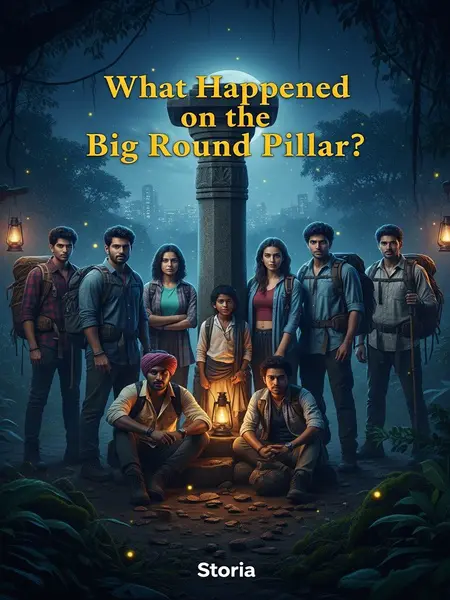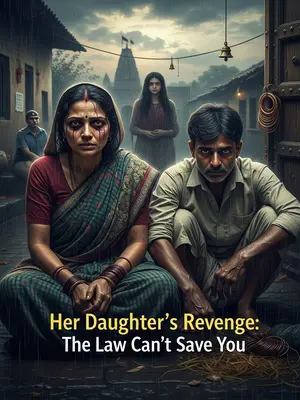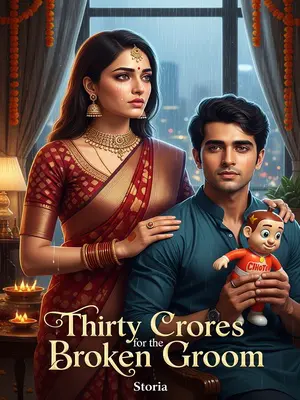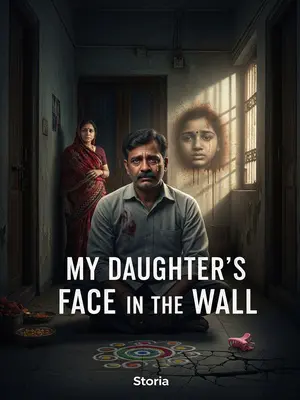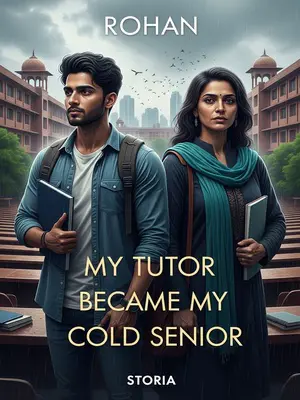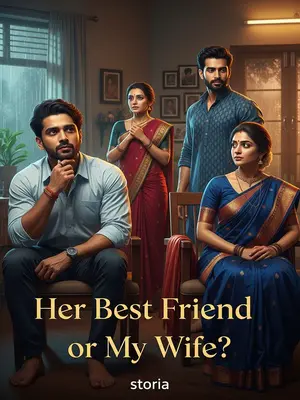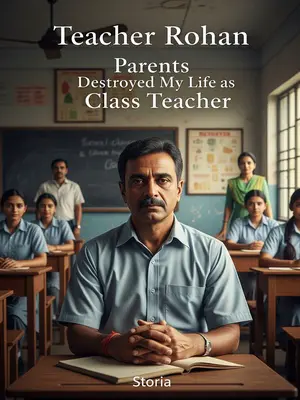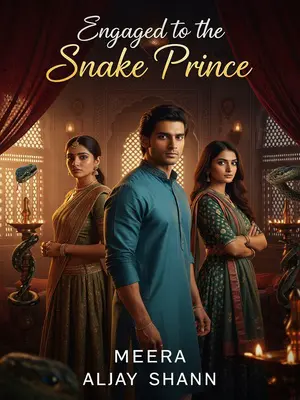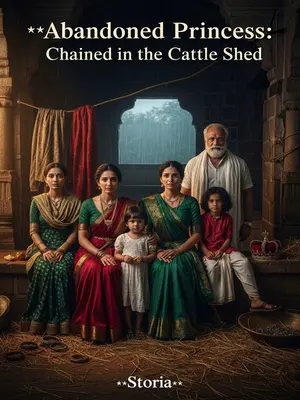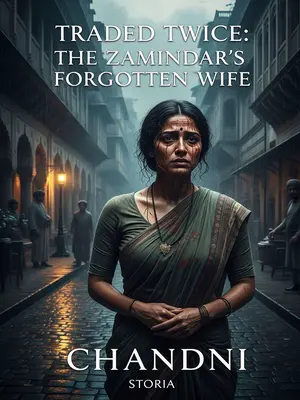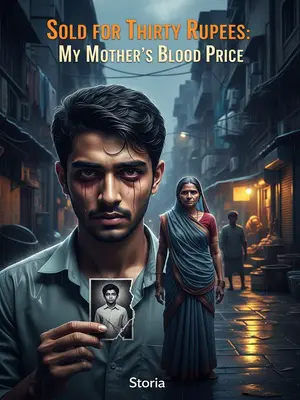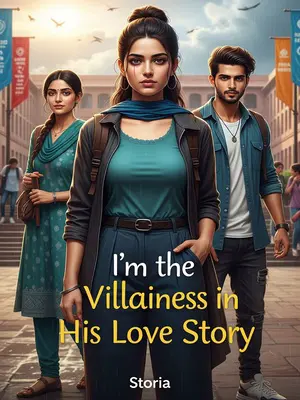Chapter 2: The City Group Arrives
There was a trekking group: four men and four women, plus me and my cousin—ten people in total.
They arrived with Decathlon bags, neon shoes that would be brown with mud before lunch, and hats wider than my uncle’s paan box. Their water bottles swung like lucky charms, and their voices bounced off the valley walls, laughter as light as the breeze.
They’d already planned their route before arriving: a four-day, three-night trek through the back ranges, following the ridgeline deep into the Western Ghats and looping back out.
A printout with the map was passed around—coloured lines curling between place names even the forest had forgotten. “We’ll go this way,” Meera said, finger tracing over contour lines, “to the very edge.” My cousin just nodded, hiding his amusement. City plans rarely survive past the first afternoon.
This was no easy journey.
Even the monkeys paused, watching these newcomers sweating up the first slope. The forest here is not for the faint-hearted—leeches under the moss, the sun finding you even in shade, and sometimes you have to slip sideways between thorns, clutching roots like a lifeline. But in their eyes, I saw the thrill of the unknown—a promise that maybe, this time, they’d taste something untamed.
We’d have to cross hills, cliffs, untouched forests, and rushing streams. The furthest point was still Dark Valley—a place even locals from Kaveripur rarely dared to visit.
My own mother, hearing I was headed near Dark Valley, had muttered a quick prayer and sprinkled water behind my back, as if to chase away any spirits. She’d told me stories of old, about people who got lost in those woods, never to be seen again, swallowed up by fog and ancient curses. But the city trekkers only grinned, taking selfies at the signpost.
But my cousin said it didn’t matter. The customer is always right; they can go wherever they please. The local guide is just a silent pathfinder.
“Guide ka kaam hai chup chaap raste dikhaana, samjha?” he’d whisper. “Let them dream, let them boast. We just keep them alive, and maybe—if they’re lucky—bring them back with more than they left with.” There was a quiet pride in his voice, a village wisdom. We were invisible until something went wrong.
That made sense. He’d been doing this for five or six years and was the best earner in the village. I was grateful he let me join him.
In our village, word spreads faster than the crow’s call. Everyone knew my cousin was the one who’d guided a famous film actor last monsoon, got a photo in the local paper. Now, thanks to him, I was learning not just the trails, but how to read people, how to see beyond their words.
